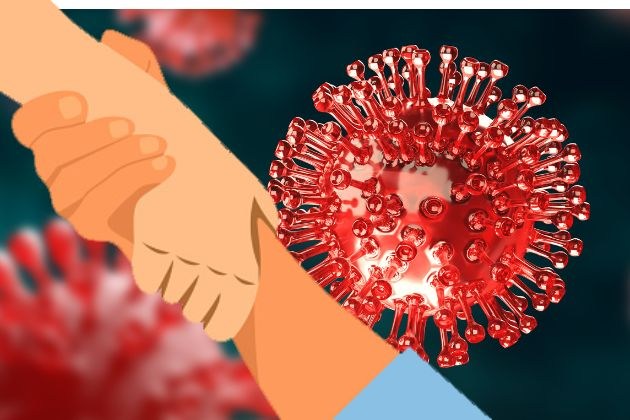
With a shocking statistic in mind, a new research effort out of Rutgers University aims to develop an effective therapy process for a specific demographic: older adults living with HIV and AIDS. Research published in the journal General Psychiatry suggests that Americans living with HIV and AIDS have a risk of suicide that's 100 times greater than the risk for the general population. "The research world was pretty limited on interventions and assessment strategies specifically to help alleviate these problems in this population," said Elissa Kozlov, assistant professor at the Rutgers School of Public Health.
Kozlov is the principal investigator on a project funded by the National Institute of Mental Health. In total, researchers will receive more than $700,000 over three years to examine this service gap in depth. The goal is to take a proven method for addressing suicidal behaviors — dialectical behavioral therapy — and adapt it specifically for adults battling HIV/AIDS.

SEE ALSO: Who's responsible for a sidewalk fall in New Jersey? The project is targeting older adults, aged 55 and up. In New Jersey, it's estimated that nearly 13,000 adults aged 55 or older are living with HIV and AIDS. More than a third of adults with the infection nationwide are at least 55 years old.
Because it's a struggle for individuals to regularly meet with mental health professionals, in person or remotely, researchers plan to leverage the abilities of artificial intelligence and video technology to delivery the care to as many people as possible. “Older adults living with HIV/AIDS experience a unique range of stressors, including disease- and age-related stigma,” Kozlov said. The tools are meant to teach users skills such as coping strategies and distress tolerance, she said.
“This research can be highly significant, particularly in terms of public health,” Kozlov said. “We’ll be using the latest therapy and technology options, but what we’ll ultimately be seeking to accomplish is traditional: management of negative emotions and suicidal thoughts, and improvement of mood and adherence to medical treatment programs.” Report a correction 👈 | 👉 Contact our newsroom NJ schools that made the most calls to police These are the 30 schools in New Jersey that made the most notifications to police during the 2022-23 school year for reasons including violence, weapons, vandalism, substances and harassment or bullying.
The number of arrests made by police at the schools is also provided when applicable. The schools are listed by number of police calls from least to greatest. The data comes from the state Department of Education's annual School Performance Report.
Gallery Credit: New Jersey 101.5 30 neighborhoods in NJ where richest families live These ZIP codes in New Jersey have the highest percentage of households earning more than $200,000 in annual income, meaning these are the neighborhoods were the wealthiest families are most likely to live. The figures are based on 5-year data by the U.
S. Census American Community Survey as of 2021. Gallery Credit: New Jersey 101.
5.










